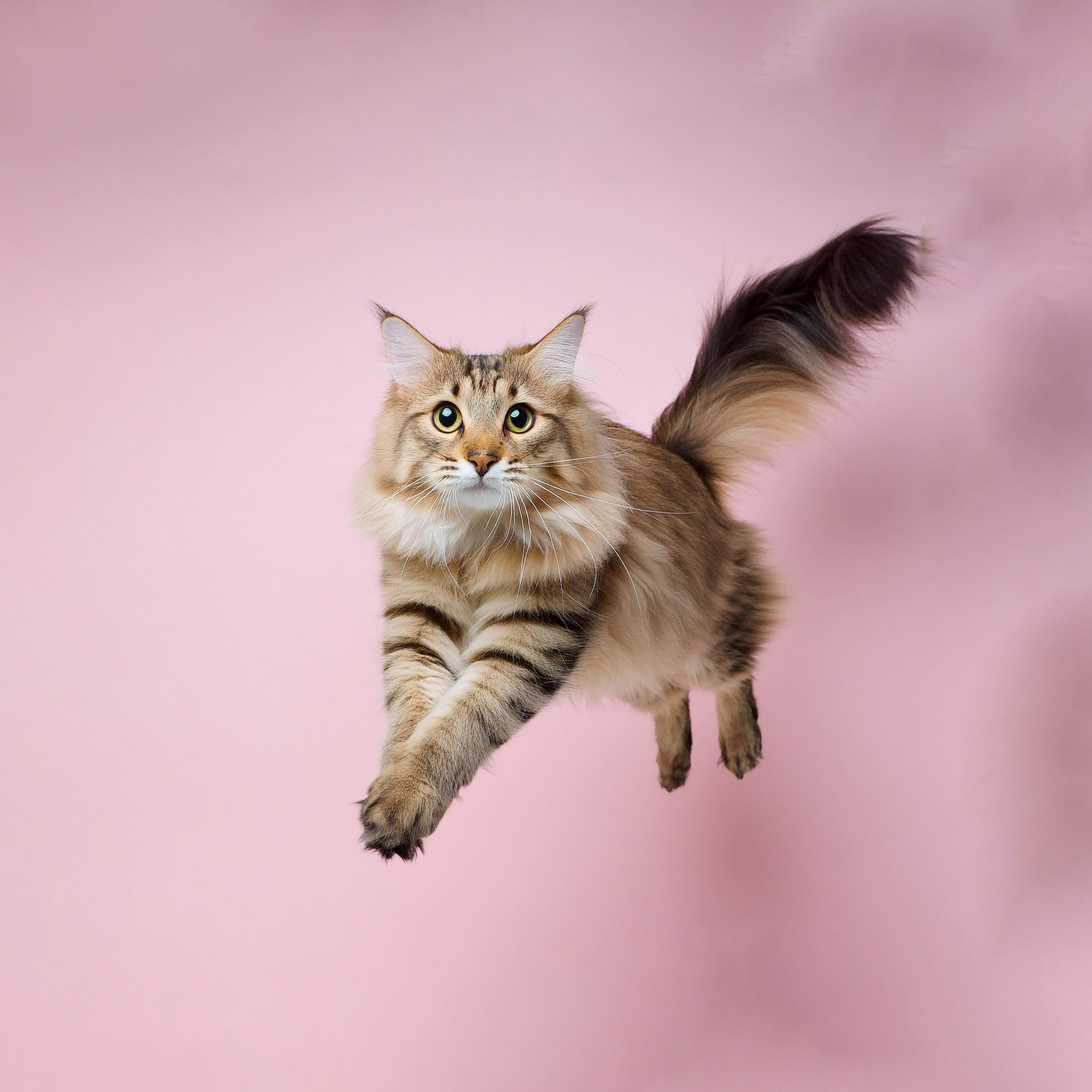Pyruvate Kinase Deficiency
An enzyme known as pyruvate kinase aids the companion animal’s body to produce red blood cells. Therefore, lack of pyruvate kinase manifests in hemolytic anemia and causes fatigue along with yellowing of the skin. If symptoms are detected, you will be able to determine the amount of the enzyme with the help of a timely consultation with the veterinarian.
Hypertrophic Cardiomyopathy
Hypertrophic cardiomyopathy is a heart disease that causes the walls of the ventricles to thicken. Companion animals with hypertrophic cardiomyopathy suffer from chest pain, shortness of breath, and arrhythmia. Medicines that reduce the heart’s contraction force are often used to treat the disease. Like congenital hypertrophic cardiomyopathy, most late-onset cases of the disease are caused by a genetic defect.
Hypertrophic cardiomyopathy may appear in infancy or adulthood. Hopefully, you can effectively manage the disease by actively communicating with your veterinarian, exercising properly, and avoiding obesity.
Polycystic
Polycystic kidney disease is a genetic disorder that causes the formation of fluid-filled cysts and loss of kidney function. To prevent the spread of the illness, it is necessary to identify the companion animal carrying the polycystic disease gene and declare them unsuitable for the breeding process.
A specialized diet may be necessary to support kidney function. It is recommended to conduct this process only in collaboration with an experienced nutritionist. Blood tests, frequent veterinary check-ups, and competent companion animal care practices can help manage the disease and adjust the treatment strategy.

